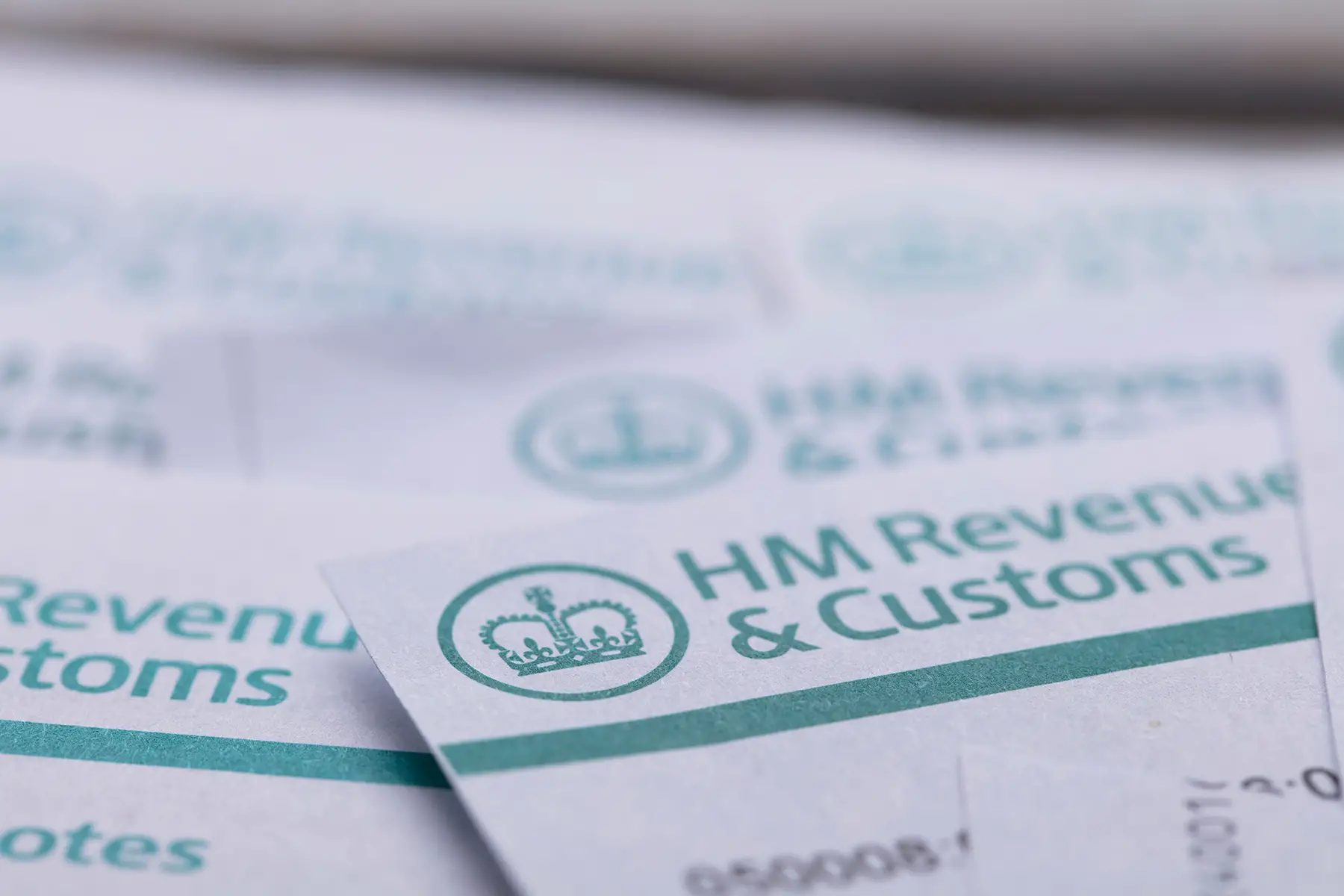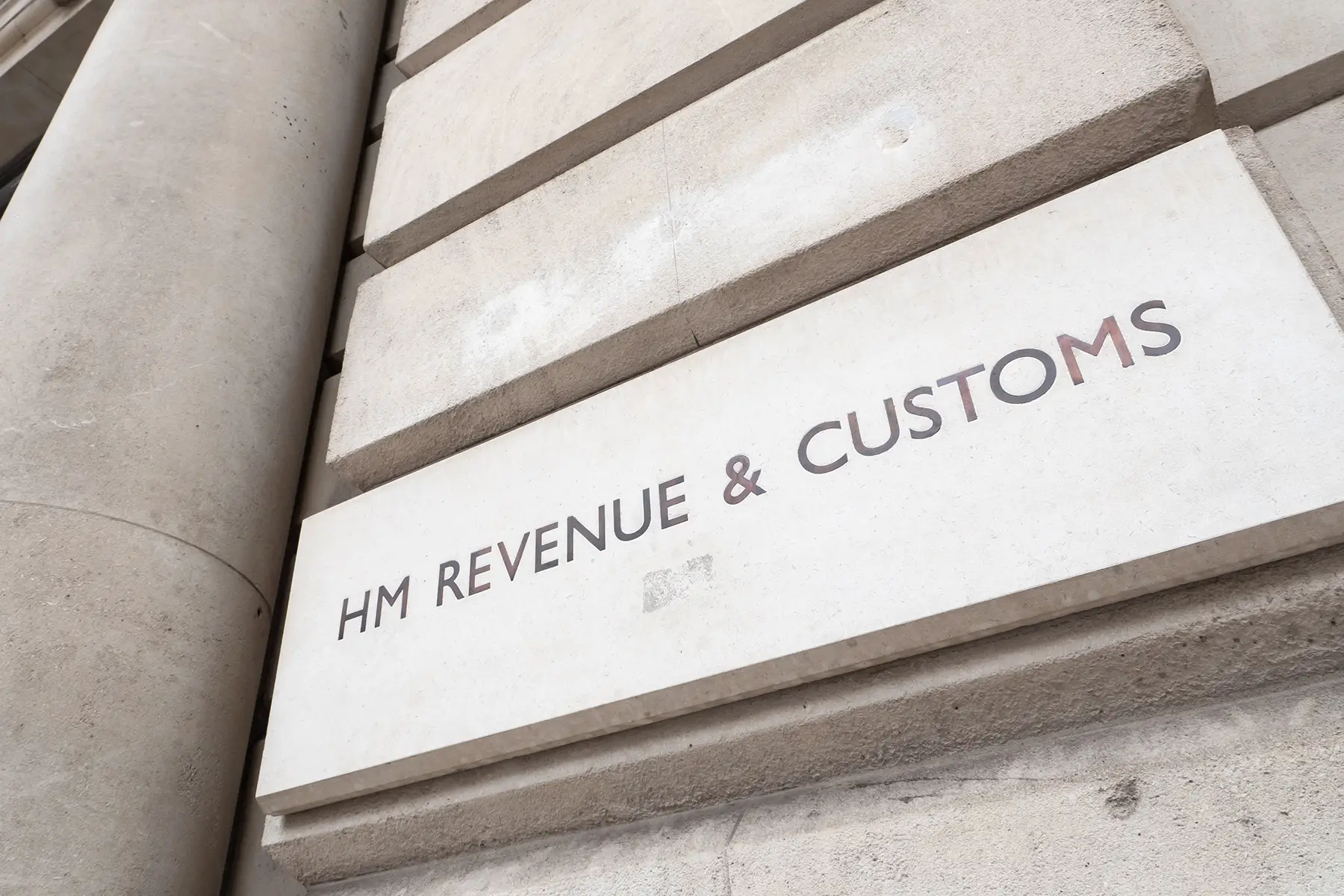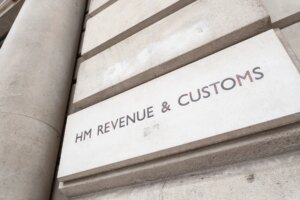If you’re a self-employed business owner in the UK, you may have to pay corporation tax. However, the rate and the type of tax you’re liable for depends on the type and size of your business.
This guide covers all aspects of corporation tax in the UK, including who pays it, how to register, and the current rates. Keep reading for an overview of the following topics:
Unbiased
In need of some expat financial advice in the UK? Knowing where to turn for trusted guidance can be challenging, but within Unbiased’s network, you’ll be able to find the right financial advisor for your needs. Find financial advisors, accountants, and over 26,000 finance professionals with Unbiased.
The tax system for businesses in the UK
While individuals pay income tax, businesses in the UK usually have to pay corporation tax. This applies to limited and incorporated companies that register in the country. It is a form of income tax levied on businesses.
Corporation tax applies to a company’s profits – their turnover minus allowable deductions and expenses. This sum is also known as your tax-adjusted trading profits.

HM Revenue and Customs (HMRC) administers and collects all UK taxes, including corporate tax. Corporations accounted for approximately £93.3 billion of receipts in 2023–24.
Who must pay corporate taxes in the UK?
All of the following entities must pay corporation tax on their profits:
- Private limited companies (Ltd)
- Public limited companies (Plc)
- Foreign companies with an overseas branch or office
- Clubs, cooperatives, and associations – such as sports clubs and community groups
However, sole traders, freelancers, and partnerships do not pay corporation tax in the UK. Instead, their business income is considered personal income, so they pay individual income tax through self-assessment.
Business owners in the UK who run a limited company are treated as employees for tax purposes – you pay your income tax through Pay As You Earn (PAYE), while your company pays corporate tax on profits.
Before you start: how to set up your company and register it for taxes
So, you’ve got an idea for a business. But how do you ensure it’s set up correctly for taxes? Follow these step-by-step instructions to register with the tax authorities:
- Register your company with Companies House.
- The easiest way to do this is online through HMRC, where you set up a Government Gateway account for your business. The process takes less than 24 hours and costs £50.
- You can also register by post using form IN01, but it costs £71 and takes 8–10 days.
- Check out our guide to starting a business in the UK for more details.
- Wait for HMRC to send you more details.
Once registered, you’ll receive:- Your certificate of incorporation.
- A company registration number.
- Your 10-digit Corporation Tax Unique Taxpayer Reference (UTR). This should arrive within 15 days. HMRC will also send you details on the next steps and corporate tax deadlines.
- Add Corporation Tax services to your account.
This lets your company file tax returns and make payments. To do this, use your UTR to access your HMRC Gateway account and add corporation tax services. You must provide:- Your company registration number.
- The 10-digit UTR.
- Company start date and first accounting period.
You must register for corporation tax within three months of starting trading.
Which other taxes do companies pay in the UK?
In addition to paying corporate tax on your profits, companies may be liable for the following:
- Value Added Tax (VAT) if your turnover is above the VAT threshold.
- Business rates, a municipal tax on commercial properties such as shops and offices.
- PAYE and National Insurance contributions (NIC) for staff on your payroll.
Corporate taxes in the UK
UK corporate tax rates
The main corporation tax rate in the UK is 25%. However, the amount companies pay depends on their profits and industry:
| Business profits | Corporate tax rate |
| Under £50,000 | 19% |
| £50,00–250,000 | Between 19% and 25% – known as marginal relief |
| Over £250,000 | 25% (30% for ring fence companies in the oil and gas industry) |
Unincorporated businesses such as sole traders, freelancers, and partnerships pay personal income tax instead of corporation tax. You can find the current income tax rates in our dedicated guide.
Furthermore, an online tax calculator, such as this one from UK Tax Calculators, can help you work out your corporate tax obligations.
Corporate tax year in the UK
The UK’s corporate tax year runs from 1 April to 31 March the following year. This is also known as the financial year (FY). For example, 1 April 2024 to 31 March 2025 is sometimes referred to as FY2024.
There are two deadlines to be aware of regarding UK corporation tax:
- Deadline for submitting your annual corporation tax return: 12 months after the accounting period it covers.
- Deadline for paying corporation tax owed:
- Businesses with profits of up to £1.5 million – 9 months and one day after the end of the accounting period.
- Profits of £1.5 million to £20 million – in four quarterly installments
- Profits of over £20 million – in installments depending on the accounting period
Because you usually need to settle your corporation tax bill before preparing your annual return, you make the payment based on an estimated amount. HMRC adjusts the balance after you submit your return.

Most companies run their accounting period to match the UK tax year. However, you can choose to have a different accounting period.
When you first set up your business, you may have a longer first accounting period. For example, if you started trading in October 2023, your first accounting period could run to 31 March 2025 to bring it in line with the tax year. However, your corporate tax return cannot cover more than 12 months, so you may have to file two tax returns during your first accounting period.
How to file your corporate tax return in the UK
All registered companies must file an annual tax return before the deadline, regardless of whether they made a profit.
The quickest way to file is online via your HMRC Gateway account. You will need your annual accounts, or provisional ones, to complete the return.
However, there are several different methods for completing the corporation tax return:
- Fill in the online form (CT600) yourself
- Employ a tax accountant to complete and submit the form on your behalf
- Use a verified account filing software package
- Submit a paper CT600 form
Furthermore, you must also file your annual accounts with Companies House within nine months of the end of the accounting period, so three months before submitting your tax return. However, you can file your accounts and tax return simultaneously using HMRC online or an accounting software package.
Paying corporation tax
You can pay your corporate tax bill in the UK in various ways, including:
- Direct Debit
- Bank transfer
- Online using a credit or debit card
- In person at your bank or building society
You cannot pay corporate tax in the UK by post.
Corporate tax credits in the UK
In addition to the standard allowable business expenses such as staff and running costs, companies operating in the UK may apply deductions, credits, or allowances to reduce their corporate tax bill. HMRC offers specific reliefs on the following:
- Capital allowances on equipment, machinery, and vehicles
- Research and Development (R&D) relief if involved with innovative projects
- Patent credits if you make profits from inventions kept in the UK
- Charitable donations
- Creative industry relief
- Disincorporation relief if you close a company or change to sole trader or partnership
- Losses carried forward from the previous year’s trading or capital/property income
It is a good idea to employ a tax expert in the UK who can advise you on how best to benefit from corporate tax relief and credits.
Corporation tax exemptions
Registered charities don’t pay corporate tax in the UK. However, membership organizations, clubs, associations, cooperatives, and social enterprises must pay corporation tax on profits. Furthermore, there are no low-earning tax exemptions for limited businesses.
Other types of business tax in the UK
For a full overview of UK taxes, read our article on the British tax system. Otherwise, keep reading for a summary of taxes that apply to businesses in the UK.
How does VAT work for UK businesses?
VAT (Value Added Tax) is a consumption tax applied to most goods and services. Depending on your business, you may need to add it to the prices you charge clients and customers.
Who has to register for VAT?
Businesses with a turnover of over £90,000 per year (2024/25) must register for VAT. Other companies can also choose to do so.

As with corporation tax, you can either register online or by post using the VAT1 form. When registering online, you create a VAT online account (sometimes known as a Government Gateway account). You’ll then receive a VAT number, which is the letters GB followed by nine numbers.
VAT rates
The standard VAT rate in the UK is 20%. Some goods and services have a reduced rate of 5%, while others, such as food and children’s clothes, have 0% VAT. The UK government provides a comprehensive list of exemptions and reduced rates.
Submitting a VAT return
If you’re a VAT-registered business, you’ll have to submit a VAT return and pay VAT bills every three months. You can do this online through your HMRC Gateway account.
Your VAT bill will be the VAT you’ve charged minus the amount you’ve paid to other VAT-registered businesses. If you’ve paid more than you’ve charged, HMRC will reimburse you this amount. Ensure that you include the necessary details on any invoices, which include:
- Your VAT registration number
- Rate of VAT charged per item
- The total invoice amount, including VAT, with a breakdown of the amount excluding VAT and the total VAT added
Simplified VAT schemes are available to businesses with a high turnover (above £150,000) or those dealing in second-hand goods.
Who is exempt from VAT in the UK?
Several types of businesses are exempt from VAT in the UK regardless of turnover. These include those dealing exclusively with the following types of goods or services:
- Insurance, finance, and credit
- Education and training
- Charity fundraising
- Selling, leasing, and letting of commercial land
- Healthcare and medical treatment
- Antiques
The UK government provides full details of VAT-exempt businesses, as well as those charging 0% or the reduced 5% rate.
Payroll taxes (employee income tax and NIC)
Limited businesses are responsible for income tax and social security payments (National Insurance Contributions – NICs) for all payroll employees. This includes any owners and directors who receive a salary. For payroll taxes, you need to register with HMRC as an employer and provide them with details of each new employee.
Employees pay income tax on a sliding scale up to 45% of salary (or 48% in Scotland). NICs are 8% of salary amounts above £242 a week, reducing to 2% on anything above £967 a week. On top of this, employers pay up to 13.8% of the employee’s salary. This will increase to 15% in April 2025.
Business rates
If you use a property for non-domestic purposes, such as a shop, office, warehouse, or rental holiday home, you’ll pay business rates. The council will send you your bill for this in February or March each year for the following tax year.
Your bill depends on your property’s ‘rateable value’ – how much it would cost to rent for a year. The rates and thresholds are as follows for 2025/26 in England:
| Rateable value | Rating multiplier (how much per £1 of rateable value) |
| Under £51,000 | Small business multiplier (49.9p per £1) |
| Over £51,000 | Non-domestic rating multiplier (55.5p per £1) |
Scotland has three rates: Basic, Intermediate, and Higher. These are set at 49.8p/£1, 54.5p/£1, and 55.9p/£1. Wales, meanwhile, had a single rate of 56.2p/£1 in 2024–25 (56.8p/£1 for 2025–26). Northern Ireland has different multipliers for its various regions and districts, which you can view on the Department of Finance website.
The UK Government provides a calculator to help you estimate your business rates online. Some businesses are eligible for relief on their business rates. These include:
- Rural properties providing vital services, for example, post offices and general stores in rural areas (100%)
- Retail, hospitality and leisure (40% up to £110,000)
In certain cases, you may receive a rebate or refund on your business rates. For example, if your rates have been reduced but you’ve been charged the wrong amount or your payment wasn’t canceled after moving business. Request refunds through your local council.
Dividends tax
Company shareholders pay dividends tax on the value of their company shares. The rate depends on the shareholder’s personal income tax band, ranging from 8.75% at the basic rate to 39.35% at the top rate. All shareholders get a dividend allowance of £500, plus there is no tax on any dividend income that falls within the personal allowance of £12,570.
Other business taxes
Other business taxes in the UK include:
- Apprenticeship levy
- Pension protection fund levy
- Industry-specific taxes such as the soft drinks industry levy and the bank levy
- Environmental taxes, including landfill tax, climate change levy, aggregates levy, and plastics tax
Corporate tax fines in the UK
HMRC applies late filing penalties if you do not submit your UK corporation tax return on time. These are:
| Time after your deadline | Penalty |
| 1 day | £100 |
| 3 months | Another £100 |
| 6 months | HMRC estimates your bill and adds a penalty of 10% to the unpaid tax |
| 12 months | Another 10% of any unpaid tax |
If your tax return is late three times in a row, the £100 penalties increase to £500 each. Furthermore, if you pay your corporation tax late, don’t pay enough, or don’t pay at all, HMRC will charge you late payment interest.
Corporate tax advice in the UK
With such a wide variety of taxes on businesses operating in the UK, it is advisable to consult a tax expert to advise on corporate taxation, social security charges, tax law, and any available rebates or reliefs.
You can find an accountant through the Institute of Chartered Accountants in England and Wales or via the Institute of Financial Accountants, which lets you search for professionals via location. Alternatively, head online to a comparison service like Unbiased to find the right adviser for you.
Useful resources
- HMRC – Authority handling all tax matters in the UK
- British Chambers of Commerce – UK network of businesses
- Entrepreneur Handbook – Directory of networking groups
- Federation of Small Businesses – Membership organization for small businesses and entrepreneurs







